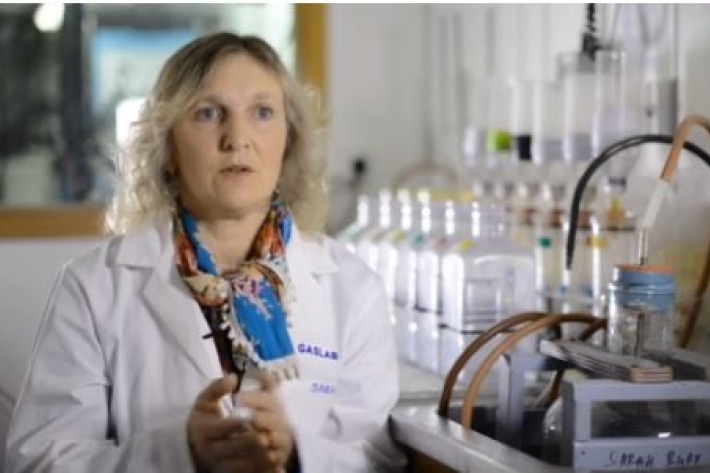-
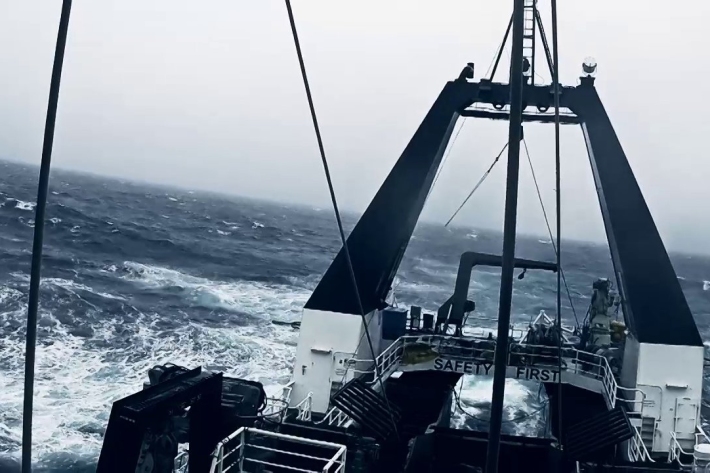
Antarctic Voyage - The Good Bits
Footage - mostly time lapse - from the New Zealand-Australia Antarctic Ecosystems Voyage 2015...with some random music! -
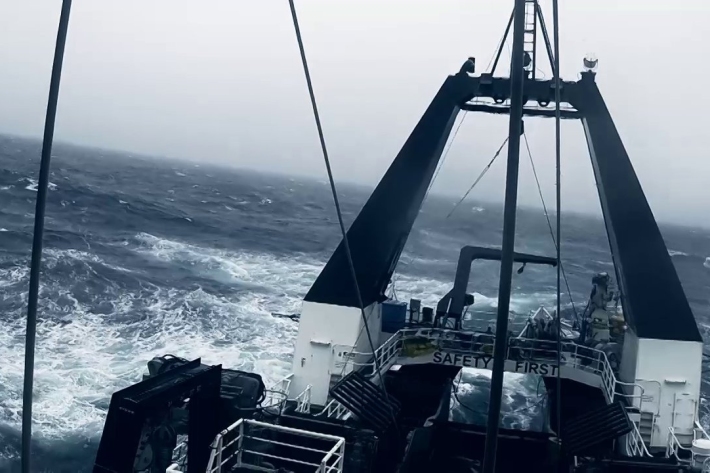
Bad weather while returning from Antarctic voyage
NIWA’s RV Tangaroa encounters bad weather while returning to New Zealand from Antarctica. -
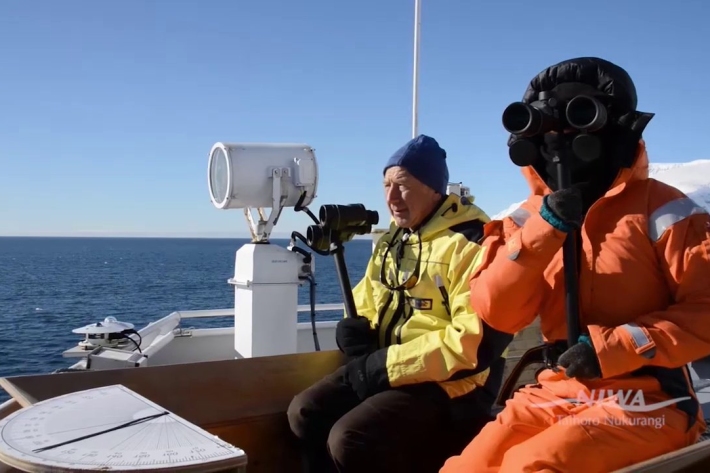
New Zealand-Australia Antarctic Ecosystems Voyage highlights
Highlights of the New Zealand-Australia Antarctic Ecosystems Voyage 2015. -
Little wonder - the ocean’s primary productivity
News article06 March 2015At the base of the ocean’s food chain are algae. Algae feed the krill that feed the whales. -
Critter of the Week: The mottled brittlestar – Ophionereis fasciata Hutton, 1872
The mottled brittle star Ophionereis fasciata, known as weki huna in Māori, lives under rocks in the low intertidal or shallow subtidal right around New Zealand. -

SAFE PASSAGE: Ice Pilot’s critical mission
Ice pilot Scott Laughlin is on the New Zealand - Australia Antarctic Ecosystems Voyage to guide RV Tangaroa through the Antarctic waters. -

Underwater glider touches down in Wellington
News article01 March 2015A state-of-the-art underwater research glider has been unveiled by NIWA scientists in Wellington. -
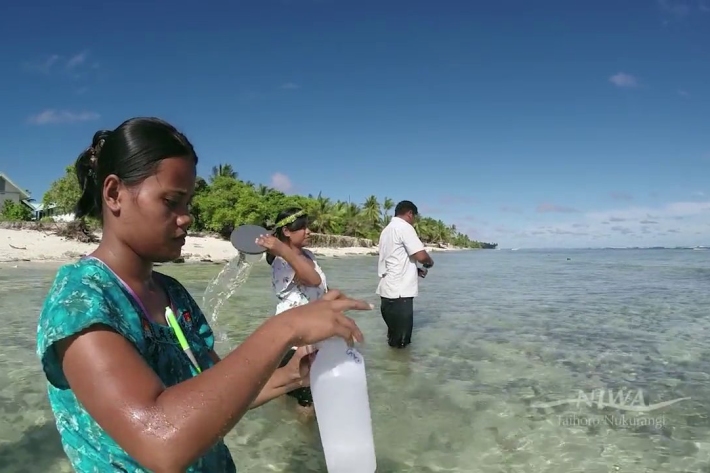
Water, Water Everywhere
Over the last 50 years the atoll of South Tarawa, in Kiribati has experienced large increases in population. -
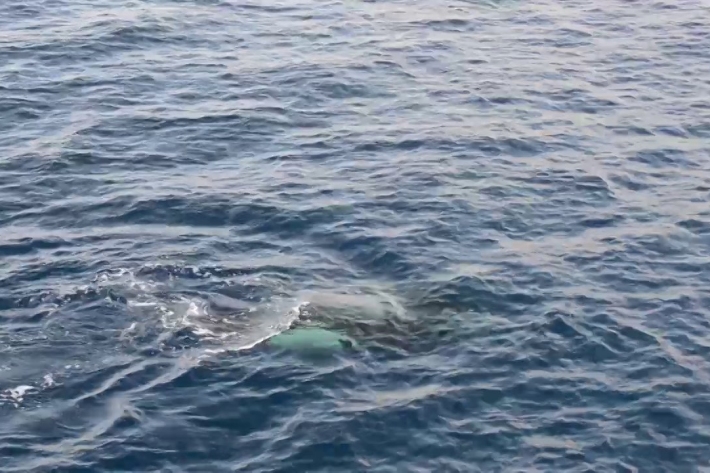
Pod of Orcas visit RV Tangaroa
NIWA research vessel Tangaroa, down in Antarctic waters, received some welcome visitors yesterday -
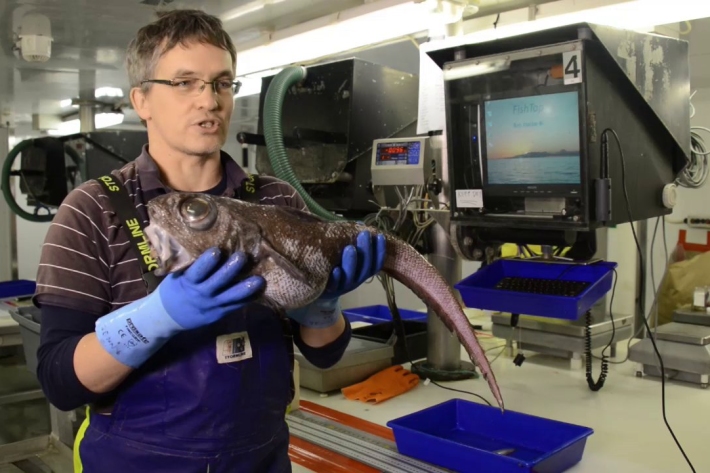
Antarctic trawl nets deep data
NIWA scientists aboard RV Tangaroa have been trawling the central Ross Sea calculating the abundance of the prey species. -
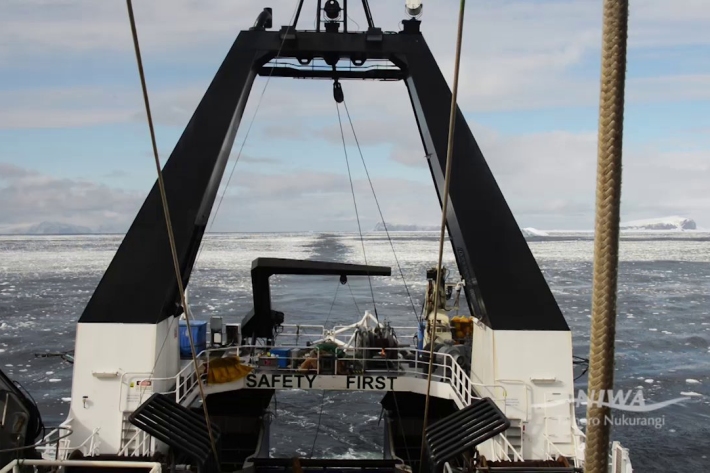
Balleny humpback whale research
The region around the Balleny Islands is a known foraging area for humpback whales. Objective one of the Antarctica voyage aimed to determine why the Islands are such a popular spot for humpback whales. -
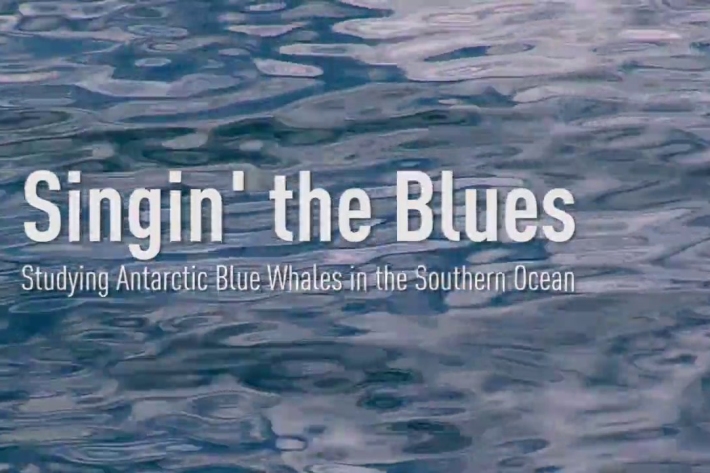
Singin' the Blues
Antarctic blue whales were severely depleted during the industrial whaling era, when the population declined to only a few hundred individuals. Scientists believe the Antarctic blue whale population has been recovering, albeit very slowly, since the 1960s.


